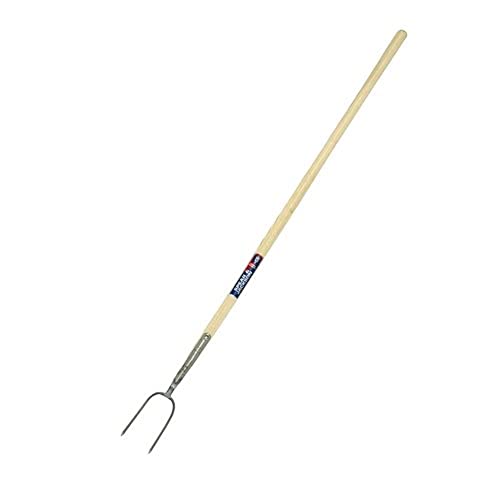Understanding the Different Types of Forks
Before choosing the right fork for your mountain bike, it is important to understand the different types of forks available. There are three main types of forks to consider: rigid forks, suspension forks, and air suspension forks.
A rigid fork does not have any suspension and is typically made of steel or carbon fiber. It is lightweight and provides a direct and responsive ride. However, it does not offer any cushioning or absorption of impacts, making it less ideal for rough and technical terrains.
A suspension fork, on the other hand, has a suspension system that helps absorb shocks and impacts, providing a smoother and more controlled ride. This type of fork is suitable for riders who enjoy off-road trails, as it can handle rough terrains better than a rigid fork. Suspension forks are further categorized into two types: coil suspension forks and air suspension forks.
A coil suspension fork uses a metal coil spring to provide suspension. It is generally more affordable and easier to maintain compared to an air suspension fork. However, it may be heavier and offer limited adjustability options.
An air suspension fork, as the name suggests, uses air pressure to provide suspension. It is typically lighter and offers more adjustability in terms of compression and rebound damping. It is also more expensive and requires regular maintenance to ensure optimal performance.
Consider Your Riding Style and Terrain
When choosing the right fork for your mountain bike, it is important to consider your riding style and the terrain you will be tackling. Different types of forks are suited for different riding styles and terrains.
If you are a cross-country rider who focuses on speed and efficiency, a rigid or lightweight suspension fork may be a good option. These forks are designed to provide a more efficient transfer of power and are generally lighter, making them ideal for climbing and covering long distances.
If you enjoy descending steep and technical trails, an air suspension fork with more travel and adjustable settings may be more suitable. This will help absorb impacts and provide better control and stability on rough terrains.
For riders who enjoy a mix of cross-country and more aggressive trail riding, a mid-travel air suspension fork can offer a balance between efficiency and capability. It can handle a variety of terrains and provide a comfortable ride without compromising on speed and efficiency.
Budget Considerations
Another factor to consider when choosing a fork for your mountain bike is your budget. Forks can vary significantly in price, with high-end options being more expensive.
If you are on a tight budget, there are still options available. Entry-level coil suspension forks or lower-end air suspension forks can provide a decent level of performance without breaking the bank. However, it is important to note that these forks may not offer the same level of adjustability and performance as higher-end options.
If you have a larger budget, investing in a high-end air suspension fork can provide you with top-notch performance, adjustability, and durability. These forks are often lighter, more responsive, and offer more advanced features such as lockout and adjustable rebound damping.
Research and Read Reviews
Before making a final decision, it is beneficial to do some research and read reviews about different forks. This can help you gather information about the performance, durability, and user experiences of different forks.
Online cycling forums and websites are great resources for finding reviews and opinions from other riders. You can also check out manufacturer websites for detailed specifications and technical information about their forks.
By doing your research and reading reviews, you can make a more informed decision and choose a fork that best suits your needs and preferences.
Seek Professional Advice
If you are unsure about which fork to choose or need further guidance, it can be beneficial to seek professional advice. Visit a local bike shop and consult with experienced staff members who can provide personalized recommendations based on your riding style, bike setup, and budget.
A professional bike fitting or suspension setup can also help optimize the performance of your fork and ensure it is properly adjusted for your weight and riding preferences.
Overall, choosing the right fork for your mountain bike requires understanding the different types of forks, considering your riding style and terrain, budget considerations, researching and reading reviews, and seeking professional advice when needed. By taking these factors into account, you can find the perfect fork that enhances your riding experience and helps you tackle the trails with confidence.






